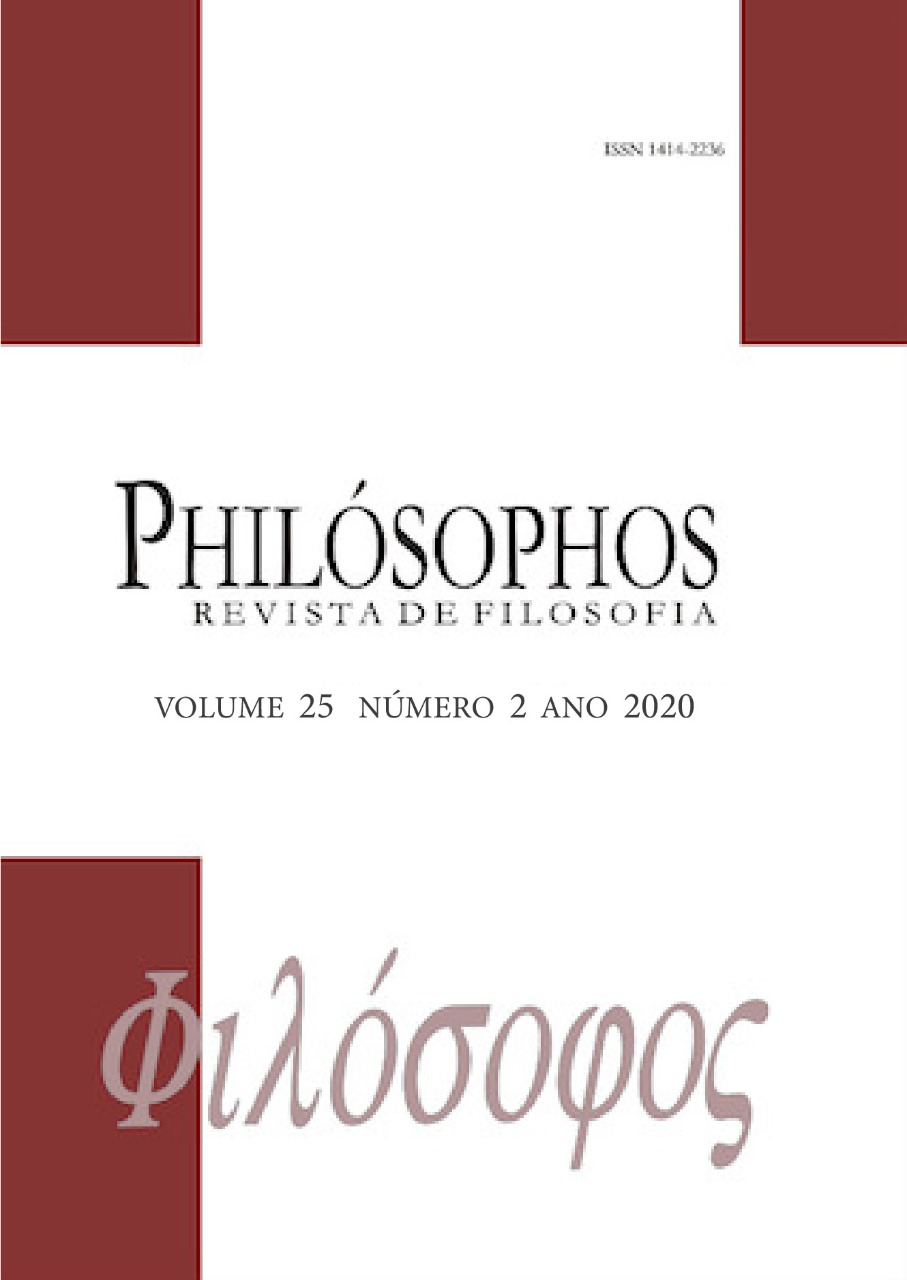The Sublime in the Critique of The Practial Reason
DOI:
https://doi.org/10.5216/phi.v25i2.64654Abstract
The paper aims to propose a reading of the theory of sublimity in the Critique of practical reason, based on the analysis of passages in which, in particular at the conclusion of the work and in the third chapter of the Analytic of pure practical reason, Kant offers textual support to highlight a certain theoretical distance from the aesthetical conception of the sublime, later presented in the Critique of judgment, notably in the general formulation of §23. So, with a background perspective contrasting with interpretations that bring the second and third Critiques closer, with regard to the sublime, we suggest that in these two works there are variations about both the dynamics involved in the sublime and its object of reference, as well as about the characterization of the feelings of admiration and respect through which, according to Kant, the sublime expresses itself.
Keywords: Kant; sublime; respect; admiration.
Downloads
Downloads
Published
How to Cite
Issue
Section
License
Copyright (c) 2021 Philósophos a journal of philosophy

This work is licensed under a Creative Commons Attribution-NonCommercial-NoDerivatives 4.0 International License.
Authors who publish in this journal agree to the following terms:
- Authors retain copyright and grant the journal right of first publication, with the work simultaneously licensed under a Creative Commons Attribution License that allows others to share the work with an acknowledgement of the work's authorship and initial publication in this journal.
- Authors are authorized to enter into separate, additional contractual arrangements for the non-exclusive distribution of the journal's published version of the work (e.g., publishing in an institutional repository or as a book chapter), with an acknowledgement of its authorship and initial publication in this journal.















